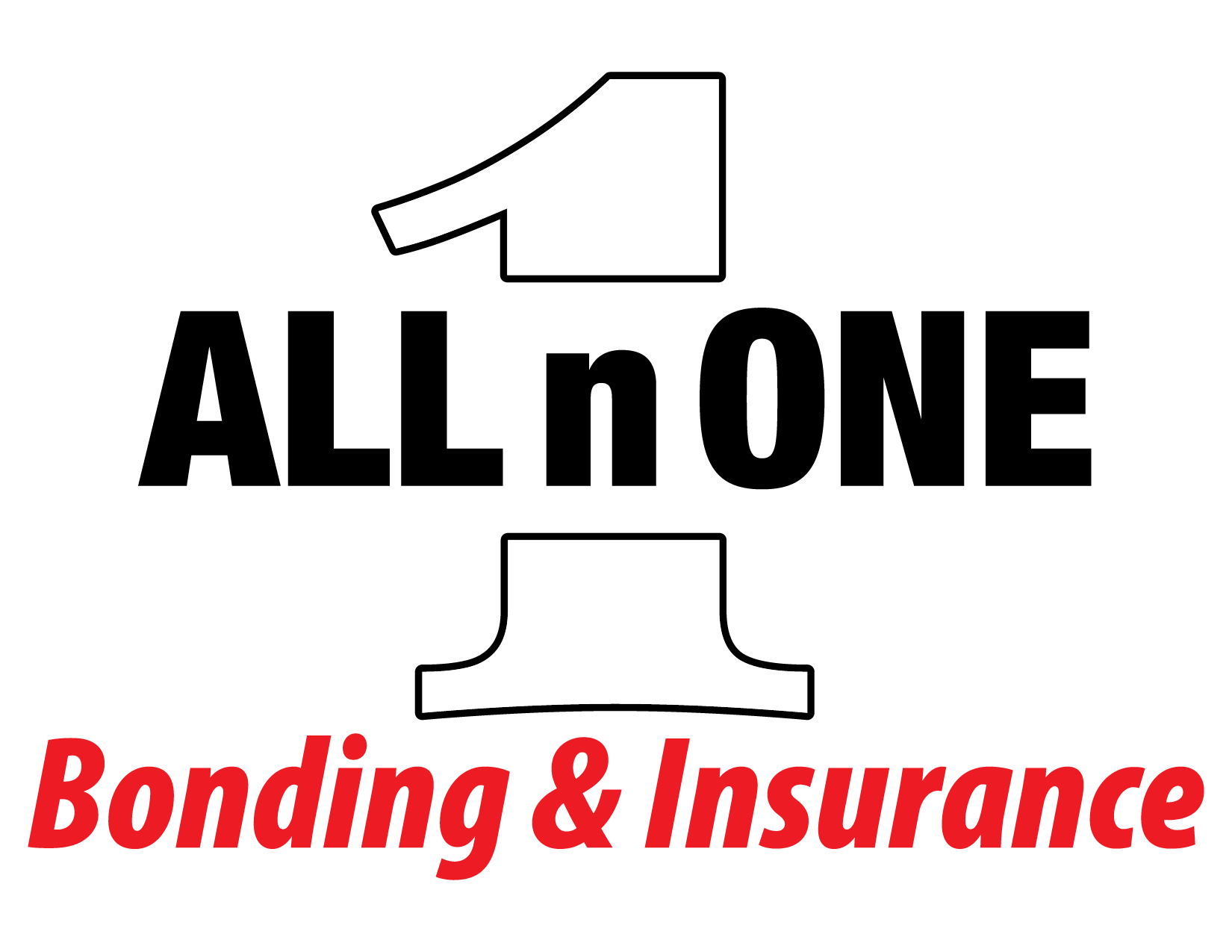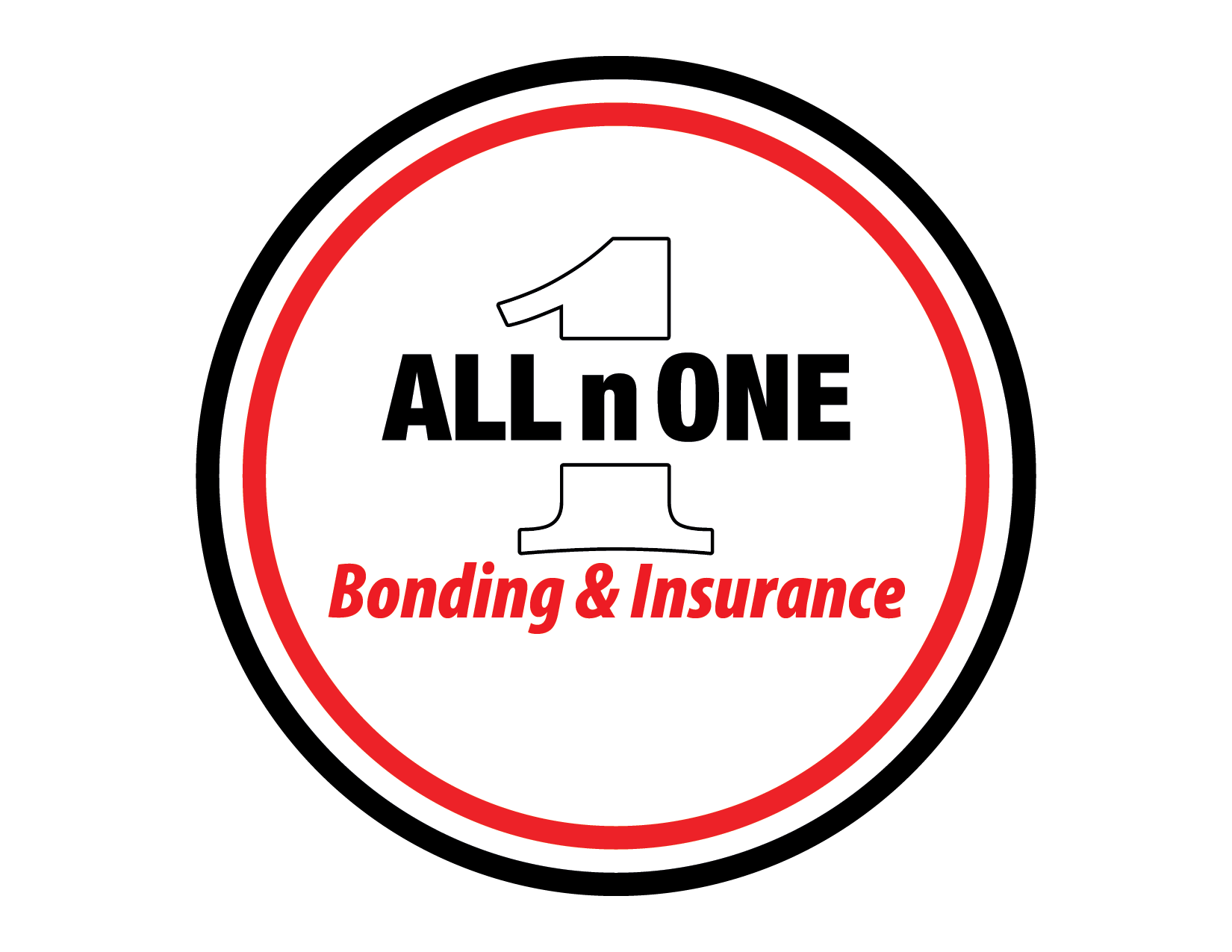Do you want to learn about the differences between insurance and surety bonds and how these different forms of coverage work?
If so, you have come to the right place. We have put together some valuable information about this subject based on our decades of experience helping people in Las Vegas, NV, and Memphis, TN, get affordable bonding and insurance.
If you already know how bonds and insurance work and are ready to get started with a trustworthy bonding and insurance company today, call us anytime at Las Vegas: (702) 850-7711 or Memphis: (901) 306-8100. We are available 24/7.
Bond vs. Insurance – What Is The Main Difference?
While there are numerous differences between insurance and surety bonds, the central difference is that insurance is designed to protect the insured party from risk, while surety bonds are used to guarantee that the terms of a given contract are fulfilled.
Another key difference between insurance and surety bonds is that insurance contracts are a two-party agreement between an insurer and an insuree, while surety bond contracts are agreements between three parties known as the principal, the obligee, and the surety.
Surety Bond Insurance Definition
According to Merriam-Webster, a surety bond is “A bond guaranteeing performance of a contract or obligation,” which lines up with what we have just said.
As for the role each party plays in a surety bond contract, this is fairly straightforward.
The Principal is the party that needs the bond.
The Obligee is the party that requires the bond.
The Surety is the party that provides the bond.
In the event that the principal does not fulfill their contractual obligations, the obligee can recoup their losses from the surety by making a claim against the bond.
Insurance and Bonding: The Differences In Coverage
Although surety bonds and insurance plans may appear simple on the surface, they can be quite complex, and there are many differences between them.
Insurance companies, for instance, although they are sometimes selective about who they offer coverage to, tend to provide coverage much more frequently than surety bond companies do.
The reason for this is that insurance companies offset their risk through volume and calculate their premiums based on what they project their policyholders will cost them.
The math and science behind these calculations are very in-depth. In fact, insurance companies go to great lengths to ensure that their premiums allow them to turn a profit.
Surety bond companies, meanwhile, usually only provide coverage when they are confident that the contract in question will be fulfilled. They do not expect losses when providing coverage.
This is an important difference. Insurance companies are prepared for losses. Surety bond companies are not. But both types of companies are similar in one respect. They both examine risk in order to determine if a person or company is eligible for coverage and to calculate what their premium should be.
Some factors that come into play when insurance premiums are calculated are the size of the policy and what business is being conducted.
Factors that impact surety bond premiums include the size of the bond, whether or not the principal is financially solvent, and the principal’s credit history.
Surety Bond Claims vs. Insurance Claims
Surety bond companies and insurance companies not only differ in the coverage they provide but also in how they handle claims.
When someone makes an insurance claim, the insurance company must cover the cost, assuming that the claim is valid. By contrast, surety bond claims are either resolved by the principal upfront or paid for by the surety company, after which the surety company gets reimbursed by the principal.
In this respect, surety companies act more like a form of credit than insurance companies do.
Surety Bond Example
An example of a surety bond in action would be a waste removal subcontractor deciding to dump toxic waste on the side of a public road because they do not want to haul the waste to the appropriate disposal site.
Given that cleaning up the waste could cost thousands of dollars or more, the obligee could file a claim against the surety bond for damages.
While a waste removal company dumping toxic waste in this manner might be an extreme example that is not likely to occur, other kinds of contract breaches happen regularly that put projects in jeopardy, cause injury, lose money for obligees, or simply create an inconvenience that could otherwise be avoided.
Why Bonds and Insurance Get Confused
Given how different bonds and insurance are, one might not expect people to get these forms of coverage confused, but this is common. The main reason why people mistake these two is that bonds and insurance often work in tandem.
Contracts often require both types of coverage, especially if the work involves the public, such as a road project.
Is It Better To Be Bonded Or Insured?
The answer all depends on what you are looking to accomplish. Many companies get general liability or professional insurance and then will supplement their coverage with bonds by choice. Other companies are required by law to get surety bonds for their contracts.
Since there are many different situations, we recommend that you contact an experienced bonding and insurance agency and talk to them about your needs.
If you would like us to advise you on the best path forward, you can call us today at Las Vegas: (702) 850-7711 or Memphis: (901) 306-8100.
Business Bonds And Why You Might Need One
Business bonds are a must for companies that work with the public, want access to more opportunities, or want to earn the trust of customers and clients.
Although it is true that adding surety bond coverage certainly requires time, effort, and money, it does not have to be a hindrance. Working with an experienced bonding and insurance company can make the process of getting your surety bond a whole lot easier.
Just a heads up: If you are in the construction industry, run a tax preparation service, or are a notary public, then getting a surety bond may not be an option but a requirement.
How Many Types of Surety Bonds Are There?
There are numerous types of surety bonds out there, but fortunately, all of them can be simplified into four main categories.
Commercial or Business Bonds – These bonds ensure that contractual obligations are fulfilled and also provide protection for companies, customers, and employees. Sub-categories for commercial bonds include Federal or non-contract bonds, business service bonds, license and permit bonds, public official bonds, and miscellaneous bonds.
Court or Judicial Bonds – These bonds are used for court cases. The major sub-categories for court surety bonds are judicial or civil court bonds and probate or fiduciary bonds.
Quick Note: Although court bonds involve businesses, they are quite different from regular commercial bonds. The main difference between these bond types is that court bonds are required by courts, while commercial bonds are just bonds that commercial businesses use. There are several types of commercial bonds, many of which overlap with fidelity bonds and contract bonds.
Contract Bonds – These bonds ensure that contractual obligations are fulfilled.
Fidelity Bonds – These bonds protect policyholders from fraud. The two types of fidelity bonds are first-party bonds and third-party bonds. Fidelity bond sub-categories include performance bonds, subdivision bonds (also known as completion bonds, improvement bonds, or plat bonds), construction bonds, contractor license bonds, payment bonds, and bid bonds.
Some other types of bonds we have not mentioned that are also important are VA fiduciary bonds, lost instrument bonds or lost note bonds, release of lien bonds, sales tax bonds, and wage and welfare bonds.
Our Insurance Services
We specialize in the following types of bonding and insurance:
- Lost Instrument Bonds
- Dishonesty Bonds
- Notary Bonds
- Janitorial Services Bonds
- License and Permit Bonds for construction and beauticians
- Auto Insurance
- Commercial insurance
- Home Owners insurance
- Motorcycle, RV, and Boat Insurance
- Rental Insurance
- SR-22 Insurance
We do not provide bonds for customs, bids, or construction projects.
Our carrier is CNA Financial.
Work With An Experience Bonding And Insurance Company
If you need an affordable insurance plan or surety bond and are ready to work with an honest, highly experienced bonding and insurance company, we are the right choice for you.
Run a business?
You might greatly benefit from our Commercial Insurance plans. We do Commercial Auto & Equipment Breakdown, Workers Compensation, Cyber Liability, Packages & Business Owners Policy (BOP), Business Interruption, and more!
The advantages of surety bond coverage and insurance coverage are huge since even a small incident can cost your business thousands of dollars in litigation and a lot of lost time.
For more information, check out our home page or call us at Las Vegas: (702) 850-7711 or Memphis: (901) 306-8100. Alternatively, you can fill out one of our Insurance Quote forms. To find them, just go to any one of our Insurance Services pages!
Further Reading: Is A Surety Bond Refundable?
Most of the time, surety bonds are not refundable. With that said, there are situations in which getting a refund may be possible. Here are some of them.
1. Your bond is never submitted to the obligee.
If you purchase a bond but then do not submit it to the obligee, you may be able to get a refund from your surety bond company.
2. You bought the wrong bond.
Buying the wrong type of bond may be the cause for getting a refund. We would recommend asking your surety bond provider about this or asking them about changing your bond to the correct type.
3. You purchase a 3-year bond, but your project finishes before then.
If your bond term outlasts the life of your project, you may be able to get a prorated refund from your surety bond provider. In a case like this, the terms of the bond will determine whether or not you get a refund.
4. You buy a surety bond but then discover the court has changed its decision.
Getting a bond because it is required by a court and then finding out that the court has changed its mind is another possible reason why your surety bond could get refunded.
Surety Bond Cost
There are a lot of factors that impact the price of surety bond premiums, but there is a range of prices that you will normally see. Surety bond premiums typically range from 1% to 15% of the total bond amount.
Given that some surety bonds cover a huge dollar amount, premiums can be quite expensive.
Can You Reduce Your Surety Bond Premium?
In some cases, yes. But this all depends on the underwriter’s evaluation. What an underwriter will do is check into your company’s financials, your personal credit history, and any other relevant details when calculating your premium amount.
Do You Have To Pay The Whole Amount Of The Surety Bond Premium?
Yes. Typically speaking, you will be required to make a one-time payment to the surety bond company for the premium.
Are There Other Options If You Can’t Pay The Full Amount of The Surety Bond Premium?
Possibly. If you are unable to pay the full amount, you may be able to get financing from another company so that you can secure the required amount. Your surety bond company may also have financing options available.



